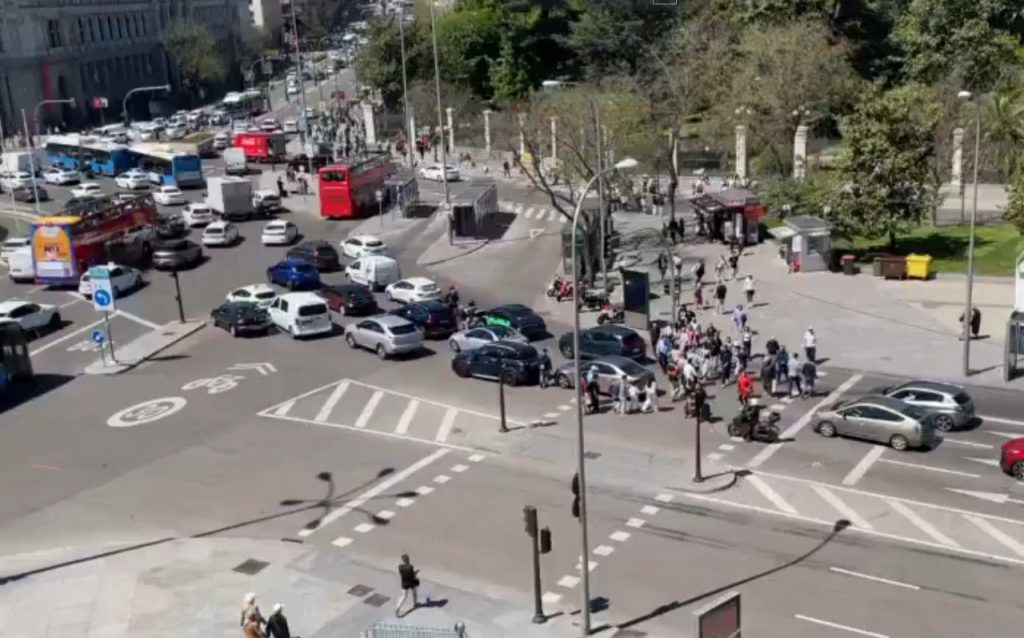Yesterday, November 19, 2024, marked UNICEF’s World Toilet Day, which highlights access to safe toilets around the globe and the detrimental consequences on the lives of billions of people.
This year’s World Toilet Day theme is “Toilets: A Place for Peace” and aims to raise awareness about the negative impact on sanitation threatened by climate change, global conflicts, neglect, and natural disasters.
According to the World Health Organization (WHO), nearly half a billion people (419 million) practiced open defecation in 2022, while 3.5 billion were deprived of safe toilets.
As UNICEF points out, children living in “extremely fragile contexts” are three times more likely to practice open defecation, four times more likely to be exposed to below-par sanitation conditions, and eight times more likely to lack basic drinking water services.
The UN says 19% lacked access to at least basic sanitation globally, defined as a private toilet connected to the sewage system, a septic or composting tank, or a pit.
The African country of Ethiopia and the Southeast countries of Cambodia, Nepal, and India saw the largest fall in outdoor defecation since the year 2000, reducing it from affecting around 70-85% of the population to 7-20%.
Greece
Although Greece does not face a problem with open defecation, according to UNICEF, roughly 2 in 10 children do not have access to water supply in their houses. About 78.4% of households with children in Greece have access to water supply in their dwellings; 66.6% have hot water; and 79.2% have a sewerage system (NBS, 2021).
UNICEF points out that more attention is needed in schools, revealing that roughly 1/3 of schools and preschools have toilets outside, water quality is poor and 67% of children consider that their rights to proper health and hygiene in their school are not being respected. More than half of preschools do not meet the national sanitary norms of quality drinking water.
In terms of equity vis-à-vis sanitation, 10% (12,216 persons) of the total Roma population resides in settlements under unacceptable living conditions, lacking basic infrastructure and appropriate housing. They are found mainly in Attica, Central Greece, and Peloponnese Regions, according to 2021 data.
Forty percent (46,838 persons) of the total Roma population resides in settlements with temporary constructions (e.g. makeshift shelters, tents, containers) and some basic infrastructure (water supply, electrification, road construction), which are usually found on the outskirts of residential areas (2021).



